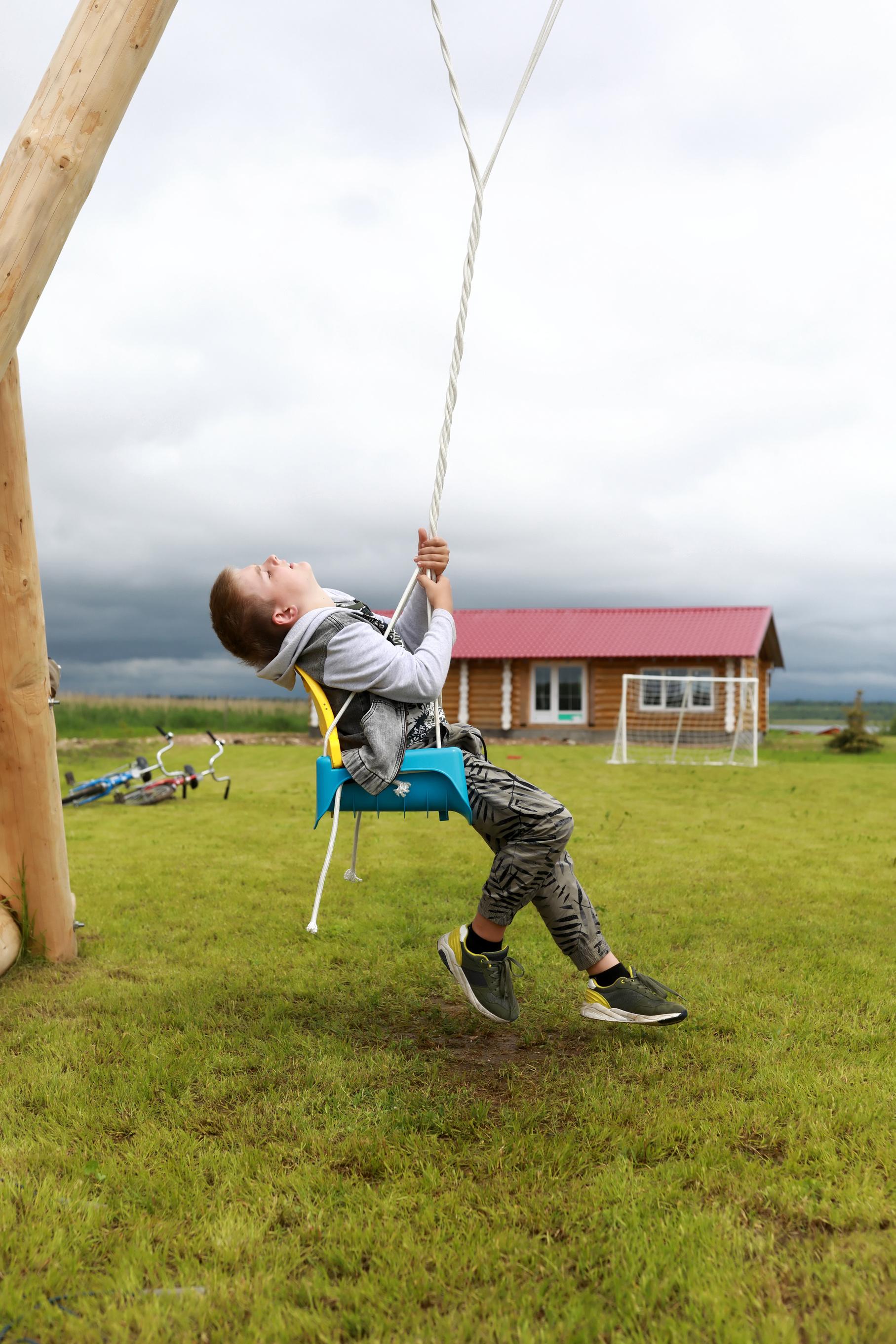
3 minute read
Are You A PLAYfessional??
from PoolWorks Magazine
BY JENNIE QUEEN
Recess is a general term for a period in which a group of people are temporarily dismissed from their duties. In school, a recess provides students with the opportunity to consume quick snacks, communicate with their peers, visit the restroom, study, and most importantly to get outside for fresh air and PLAY.
Advertisement
Enter work and 'adulting' and we have coffee breaks and lunch hours. But how many times have you found yourself ‘too busy’ to take them? When you think about it,“Coffee Break” doesn’t sound nearly as fun as “Recess”. Can you remember the last time you played at work? If you can’t, then you may be missing out on an important way to give yourself a physical and mental health boost. Not to mention a brain and creativity boost. Let’ s look more closely at Play.

When you’re a child, you have an entire period devoted to this activity. It’s called play time. However, the older we get, the less time we devote to play. Play seems to hold less value the older we get. Ironically, in an industry where we are in the business of recreation and play, we simply don ’t participate in play enough. Can we truly be PLAYfessionals if we don’t make time for PLAY?
We joke about it in aquatics, we don’t “go swimming” anymore. Of course, many of us keep swimming for fitness and our job to maintain certifications, but we approach it as work. So, does it really count? How many of us go to a public swim, join an aqua fitness class, play a game of water polo or just PLAY in the pool? For many Reckies (recreation professionals) it is much the same, we plan, organize, and even lead recreational activities, fitness classes, arts, crafts and yet we rarely slow down enough to carve out the time to dabble in these fine endeavors ourselves.

I believe that we have an instinctive need to play, and we don’t suddenly lose that instinct the older we get; we have simply misplaced it. Play is one of the most important things we need to do more of. Not only will it stimulate you, but it will also improve your state of mind. The benefits of play are far-reaching, but we often give up play as adults for more serious pursuits. Our careers, our relationships, and our families are valid pursuits, but they require time and for us to be present. What if we could tap into play to enhance our life experiences, our careers, our relationships, and our family life?
Here are some benefits of PLAY:
• Play decreases stress.
• Play releases endorphins, improves brain functionality, and stimulates creativity.
• Play leaves us feeling energetic. Consider Subbing in Energized for energetic.
• Play improves memory and stimulates the growth of the cerebral cortex.

Have I convinced you that you could benefit by adding play into your weekly routine? Think of play as more of a mental approach to activities, not necessarily the activities themselves. In fact, you don ’t really need to worry about if an activity constitutes as play or not, if you adopt a playful mindset and of course, have fun, while you’re partaking. Many of us spend the bulk of our waking hours at the office, so making sure we experience play during the workday is crucial.
Remember, we are PLAYfessionals, so if anyone can create a better, more playful work environment and culture it is us.
Consider implementing some of these small changes at work, to increase the amount of play in the office.
• Quotes on your desk/office walls
• White board for doodles and huddle meetings
• Brain teasers/board game
• Colouring books
• Playful objects – sand tables, fidget toys
Or consider this
“ outside the box ” challenge: if kids get recess every day to play and we know how many benefits there are from that play time, why wouldn ’t we all have recess? Let’ s sound the recess bell and institute “ recess ” in your workplaces whether you are in person or working virtually. See what a little PLAY can do for you and your team.
I call dibs on the swings!



